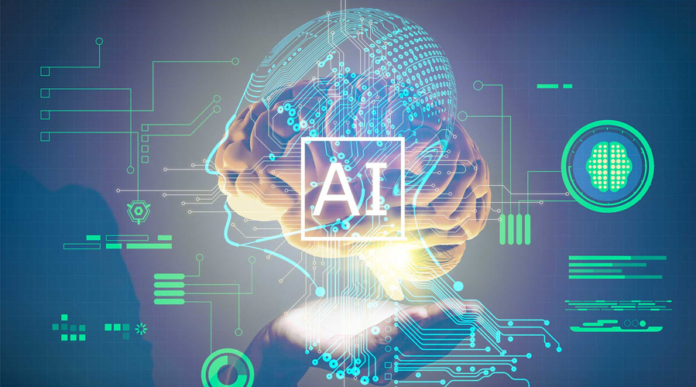Artificial Intelligence (AI) has become an integral part of our lives, and its potential for innovation is limitless. However, one of the critical challenges that AI developers face is the issue of explainability. Explainability refers to the ability to understand how an AI algorithm makes decisions or predictions. In other words, it is the process of making AI transparent, interpretable, and explainable. This blog post will discuss the challenges of explainability in AI development.
One of the most significant challenges of explainability in AI development is the complexity of algorithms. AI algorithms can be very complex and difficult to understand. For instance, deep learning algorithms use layers of interconnected nodes, making it challenging to interpret the output of each node. This complexity makes it difficult to explain how the algorithm arrived at a particular decision. Therefore, it is essential to simplify the algorithms and make them interpretable and explainable.
Another challenge is the lack of data privacy. AI algorithms require vast amounts of data to make predictions or decisions. However, this data often contains sensitive information, and it is essential to protect it from unauthorized access. Therefore, it is essential to find ways to explain the decision-making process of AI algorithms without exposing private data.
The lack of standards is another challenge that AI developers face when it comes to explainability. There is currently no standard method for explaining the decision-making process of AI algorithms. This makes it difficult to compare different algorithms and evaluate their effectiveness. Therefore, it is essential to develop standard methods for explaining the decision-making process of AI algorithms.
The black box problem is another significant challenge in explainability. The black box problem refers to the inability to understand how an AI algorithm makes decisions or predictions. This is particularly problematic in high-stakes applications such as healthcare, finance, and autonomous vehicles. In these applications, it is crucial to understand how the algorithm arrived at a particular decision to ensure its accuracy and fairness. Therefore, it is essential to develop methods for opening the black box and making AI algorithms transparent and explainable.
Finally, there is a challenge of trust. Trust is essential in any AI system, and it is critical that users trust the decisions made by the algorithm. If users do not understand how the algorithm arrived at a particular decision, they may not trust it. Therefore, it is essential to develop methods for explaining the decision-making process of AI algorithms in a way that users can understand.
In conclusion, explainability is a significant challenge in AI development. AI developers must find ways to make AI algorithms transparent, interpretable, and explainable. This involves simplifying algorithms, protecting data privacy, developing standard methods, opening the black box, and building trust with users. By addressing these challenges, we can ensure that AI is used effectively and responsibly, without sacrificing transparency and accountability.





